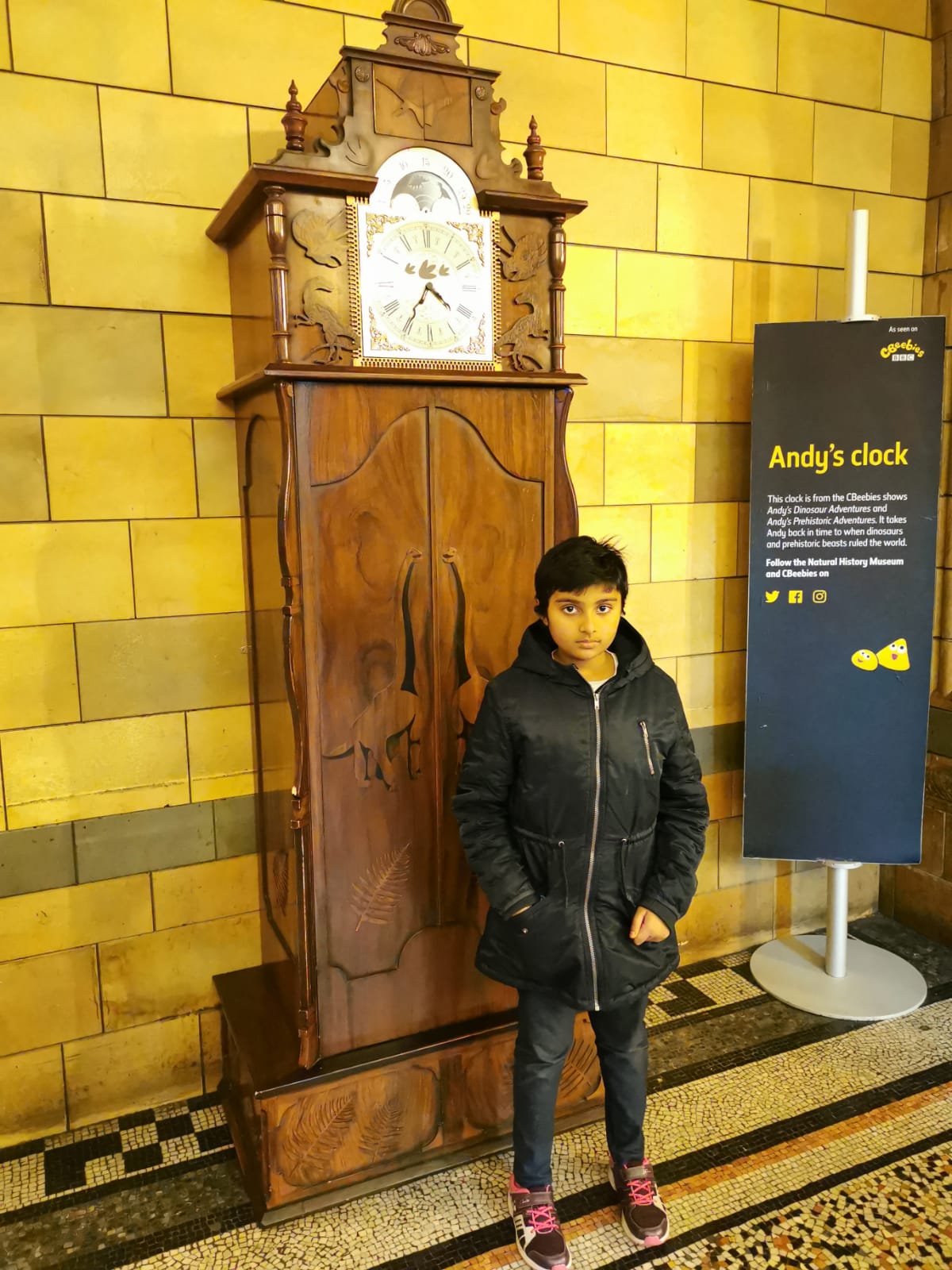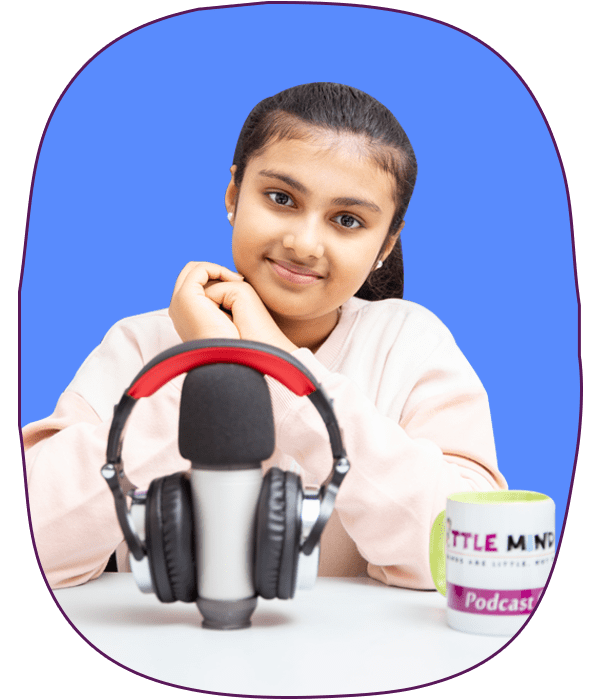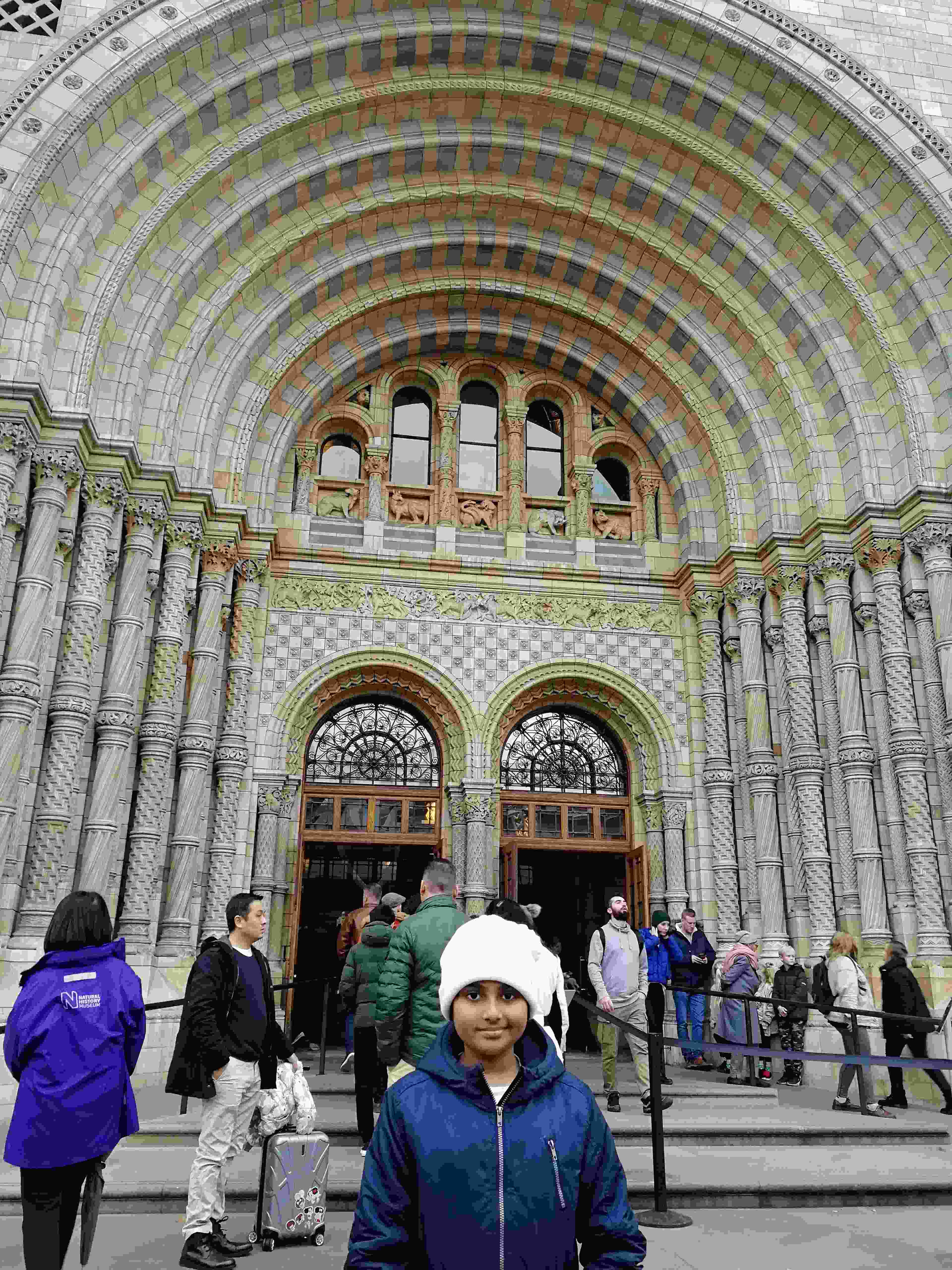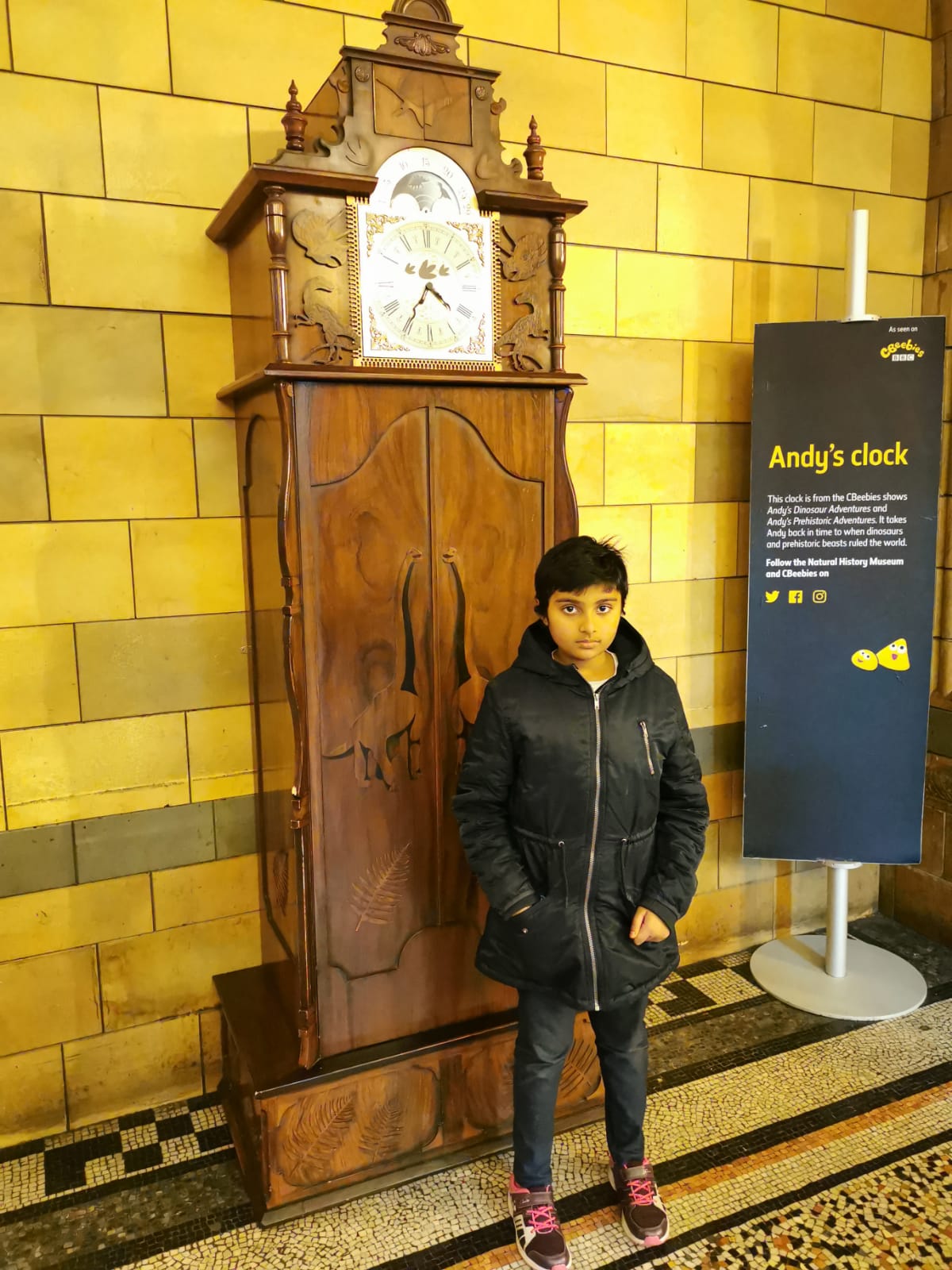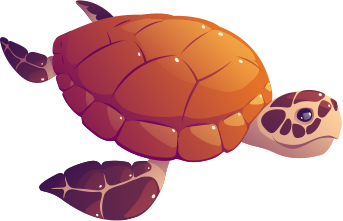






Transcripts
INTERNATIONAL JUSTICE DAY
[0.01] {Background Music}
[0.08] Siyona: Hello Everyone, welcome to a special episode of my podcast Little Mind Chats. Minds are little, not our thoughts. I’m your host Siyona.
[0.17] If you’re wondering what a special episode is, It’s the one in which little people chat about what’s in their mind.
[0.25] Today is 17th July, and we’re celebrating the ‘International Justice Day’
[0.32] But what is International Justice day?
[0.34] World Day for International Justice is observed on 17th July as the day commemorates the historic adoption of the Rome Statute in the year 1998. Most of the advice around Covid-19 was to stay home and be safe. But, if someone does not have a home, they have nowhere to stay safe.
[0.59] To give you a picture, nearly 150 million people are homeless today. And if the new study is right, we could have 1 billion people below poverty after the Covid-19 pandemic.
[1.14] To discuss this very topic, we have the girl from the other side of this globe. It’s Sophia. She is 8 years old and lives in New York City. She is about to enter third grade, and she likes to read, dance, debate, and explore nature. When she grows up, she wants to be a Supreme Court Justice, which is a judge on the highest court in the United States. Wow! She cares about equitable treatment of everyone and has participated in a protest or two. She also loves to travel, and one day hopes to meet up with me in India. I would love to meet you too Sophia!
[2.02] Siyona: Welcome to my show. How are you doing today?
[2.06] Sophia: I’m very good! Thank you. How are you doing?
[2.10] Siyona: I’m doing great thank you! I’m super happy to have you on my show today. Sophia and I will discuss something called as the barometer of Social Justice. That is, homelessness across the world.
[2.26] Siyona: So, Sophia, before we could go into the topic and discuss, “can you let me know what makes you so interested in Social Justice?”
[2.39] Sophia: I care about Social Justice because fair treatment should be a right for everybody. People that are experiencing hardships such as homelessness need our help to get back on their feet and feel like they belong and matter.
[2.52] Siyona: It’s very interesting you’re so young and you are already showing interest in a complex topic of social justice.
[3.00] Siyona: Moving on to our first question. “What is Social Justice according to you?”
[3.07] Sophia: Well… according to the National Association of Social Workers, Social Justice is “the view that everyone deserves equal economic, political, social rights, and opportunities.” And… according to ME, Social Justice has 2 parts: Social and Justice. Social means affecting society, and Justice means equitable treatment of all people.
[3.32] Siyona: I also like this simple quote by Medea Benjamin, Cofounder of Global Exchange and Code Pink. She said that, “Social Justice means moving towards a society where all hungry are fed also cared for, the environment is treasured and we treat each other with love and compassion.”
[3.57] Siyona: Can you explain to us “what homelessness is and why you think it’s unfair?”
[4.03] Sophia: Homelessness is a hardship that some people experience due to poverty or other hard times. Sometimes it’s temporary, but often people need help and access to jobs to get back on their feet. Homelessness is unfair because a safe shelter is a basic need that I think should be a right.
[4.22] Siyona: Yes. You’re right. Every human’s basic need is food including water, shelter and clothing. But many modern lists also emphasize on sanitation, education and health care which is sometimes absent in the lives of homeless people.
[4.43] Siyona: It is surprising that out of 5 top cities with homelessness, the US, has 2 of them. New York and Los Angeles. And India has one, which is the city of Mumbai. There is a big rise in the number of kids becoming homeless too.
[5.03] Siyona: “How do you think it (homelessness) affects them (kids)?”
[5.07] Sophia: Kids are negatively affected by homelessness because children need a safe place to stay and have access to healthy food, but when they don’t, their physical and mental health suffers.
[5.20] Siyona: Also, I was astonished to learn that the impact of Homelessness begins way before a child is born. So, children born into Homelessness are more likely to have low birth weights and are at greater risk of death.
[5.37] Siyona: “What do you think the Government in your country is doing to help the Homeless people?”
[5.44] Sophia: There is some funding from the U.S. government to help people experiencing homelessness. Each year, our Department of Housing and Urban Development (or HUD) awards
Homelessness Assistance Grants (or money gifts) to communities all over the country. This money is then used for housing and services by local agencies and organizations.
[6.09] Siyona: Here in India, the Central Government pays up with every state and operates some kind of housing schemes for Homeless people. For Example, here in the state of Karnataka that I live in, there is this Basava Housing Scheme and PMAY meaning Pradhan Mantri Awas Yojana. They seem to be helping homeless people to a great extent. But not completely.
[6.37] Siyona: So, Sophia, “Do you know of any means we as children could help the homeless?”
[6.45] Sophia: As children, we can encourage our parents to donate to charities. We can start our own fundraisers, such as coat and clothing drives at our schools. We can volunteer at soup kitchens and shelters when Covid-19 is over. I’ve also been thinking of creating a website that has resources and information about homelessness and ways we can help. In the long run, we can grow up and study to become lawyers who fight for people’s rights.
[7.14] Sophia: In the meantime, you can check out some international organizations that are doing important work to end homelessness. The Institute of Global Homelessness provides direct services for people experiencing homelessness, while other organizations like New Story and Habitat for Humanity partner with local communities to build homes for families.
[7.34] Sophia: I would also like to share with your listeners a few great children’s books on the topics of homelessness and poverty. My favourite is “Maddy’s Fridge,” which is about how one little girl notices that her best friend doesn’t have enough to eat. She comes up with different messy strategies to bring her food from home to share, until she tells her mom and together, they come up with a solution to help her friend’s family. Other books for kids include “Still a Family,” “Stay,” “Four Feet, Two Sandals,” “Rickshaw Girl,” and “Migrant.”
[8.13] Siyona: Well, that’s a lot of books. I would love to read them. It’s interesting to know that you took part in some protests. “What kind of protests did you take part in?”
[8.25] Sophia: I went to a Love Rally one time which promoted unity among the American people right after our last presidential election, which was very divisive. That means many people couldn’t agree and had very opposite or opposing views. I was almost five, and my friend, my sister and I made and carried posters that said: “Build Bridges, Not Walls!”
[8.49] Siyona: So, “what do you mean by “Build Bridges, Not Walls!?”
[8.54] Sophia: It means that you try to connect with people than keep your distance. You have to try to connect.
[9.06] Siyona: I’ve seen a picture of that. It’s now shared on my website too!
[9.12] Siyona: “What is your message to people listening to you today?”
[9.16] Sophia: I would like your listeners, especially kids, to know that homelessness doesn’t define people. It is something anyone can experience at some point, and we shouldn’t judge other people’s hardships. Instead, we should look for ways to help, a few of which I mentioned earlier.
[9.35] Siyona: Wow, what a wonderful message Sophia! That was such a good discussion I’ve had with you. I really wish you good luck and hope to see you as the Supreme Court Justice in the future. Thank you for being on my show.
[9.52] Sophia: Thank you too Siyona. I’m honoured to be on your show. You are truly making a difference right now by informing kids all over the world of such important topics.
[10.04] Siyona: Aww. Thank You.
[10.06] Siyona: And so, we could conclude this short but impactful conversation with the following learnings:
- Homelessness is increasing to a great extent because of the economic impact of
Co-vid.
2) Social justice system has not done enough to address this issue adequately yet.
3) Governments of different countries are doing bits and pieces but it’s too less.
4) We can make a difference in their lives by doing various things like donating either in cash or kind.
[10.42] Siyona: I really hope you have a good thought about this.
[10.47] Siyona: That brings us to the end of this episode about Social Justice for homeless people all over the world. Please do let us know what you think about this episode. Don’t forget to share it with your friends and family. I would really appreciate if you could follow us on Facebook and Instagram. And don’t forget to leave all your thoughts and suggestions. Have a lovely day and Hang on for my Sunday’s usual episode.
[11.18] Siyona: Thanks a ton for listening! Bye!

